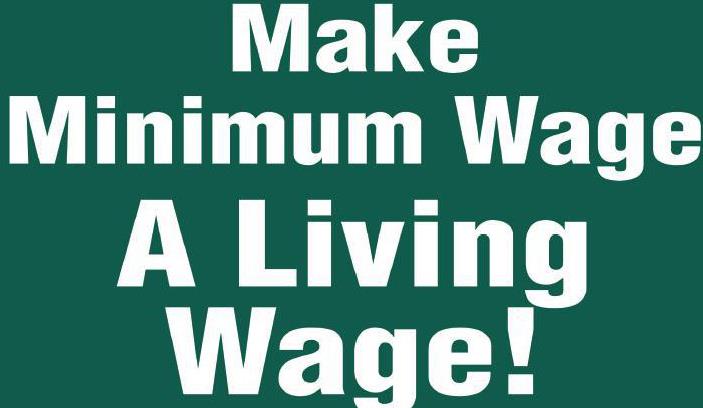TAKE ACTION: Ithaca: A Perfect Storm of Worker Misery
If what you read below disturbs you as much as it does for us at the Tompkins County Workers’ Center, please consider sending an email to the ENTIRE County Legislature by emailing some version of the following (using your own words is always helpful!): “I am writing to share with you important new and disturbing information about the state of our local economy and how it impacts workers. And to urge you to establish the Tompkins County living wage as the statutory minimum wage here. That would help struggling workers a lot.”
~~~~~~~~~~~~~~~~~~~~~~~~~~~~~~~~~~~~~~~~~~~~~~~~~~~~~~~~~~~~

A new national study highlights why Ithaca workers are struggling. There is very low wage and job growth here, and very high-income inequality. Combined with the very high cost of living here, it is a perfect storm of worker misery.
“The figures that the Milken Institute reports for Ithaca are really disturbing,” said Pete Meyers, Coordinator of the Tompkins County Workers’ Center. “County action to make the living wage ($18.45) a minimum wage is so needed now; it would go a long way to ameliorate worker suffering.”
According to the research, Ithaca ranked in the bottom fifth of all small metropolitan areas based on a compilation of thirteen economic and social indicators. For wage growth between 2017-2022, for example, Ithaca ranked 188th, or close to the bottom of all 203 small US metro areas. Job growth was also very low.
Most shocking, perhaps, was income inequality. Ithaca’s income inequality/Gini index, at 49% is very high; even higher than the U.S. (40) and similar to countries like Angola (51) Honduras (48), Guatemala (48) and Jamaica (46), and close to New York City metro area (54).
Commenting on the report, Ian Greer, Cornell Research Professor and Director of the Ithaca Co-Lab, said: “For me the takeaway is that Ithaca ranks very low in this report because of below-average wage growth and above-average inequality. In global terms the level of income inequality around here is staggering.”
Shaianne Osterreich, Ithaca College Professor and Chair of the Economics Department said: “In every conversation I have about Ithaca, people are always talking about the affordable housing crisis; this report notes that 30% of Ithaca residents are paying more than 30% of their income on housing. This is unsustainable and it maps onto multiple known inequities regarding housing, racialized and class-based labor market inequities, and meager inflation adjusted wage growth. The current situation is forcing families to consider leaving town.
The 2023 Ithaca Living Wage Report can be viewed here. The Milken Institute is a non-profit, non-partisan think tank based in the U.S. but with offices throughout the world.

March 3, 2024 @ 6:13 pm
Housing assessments are getting out of control